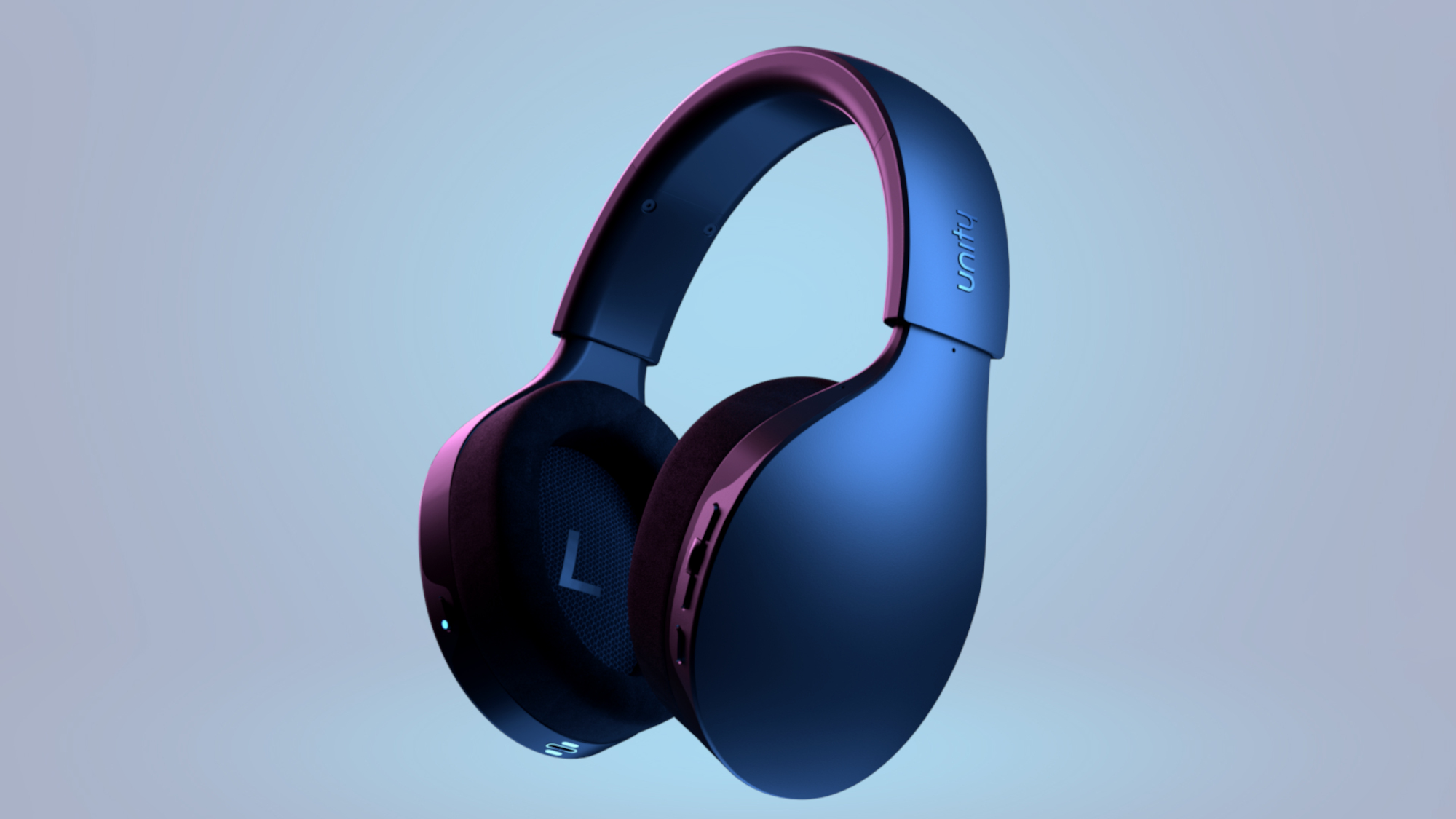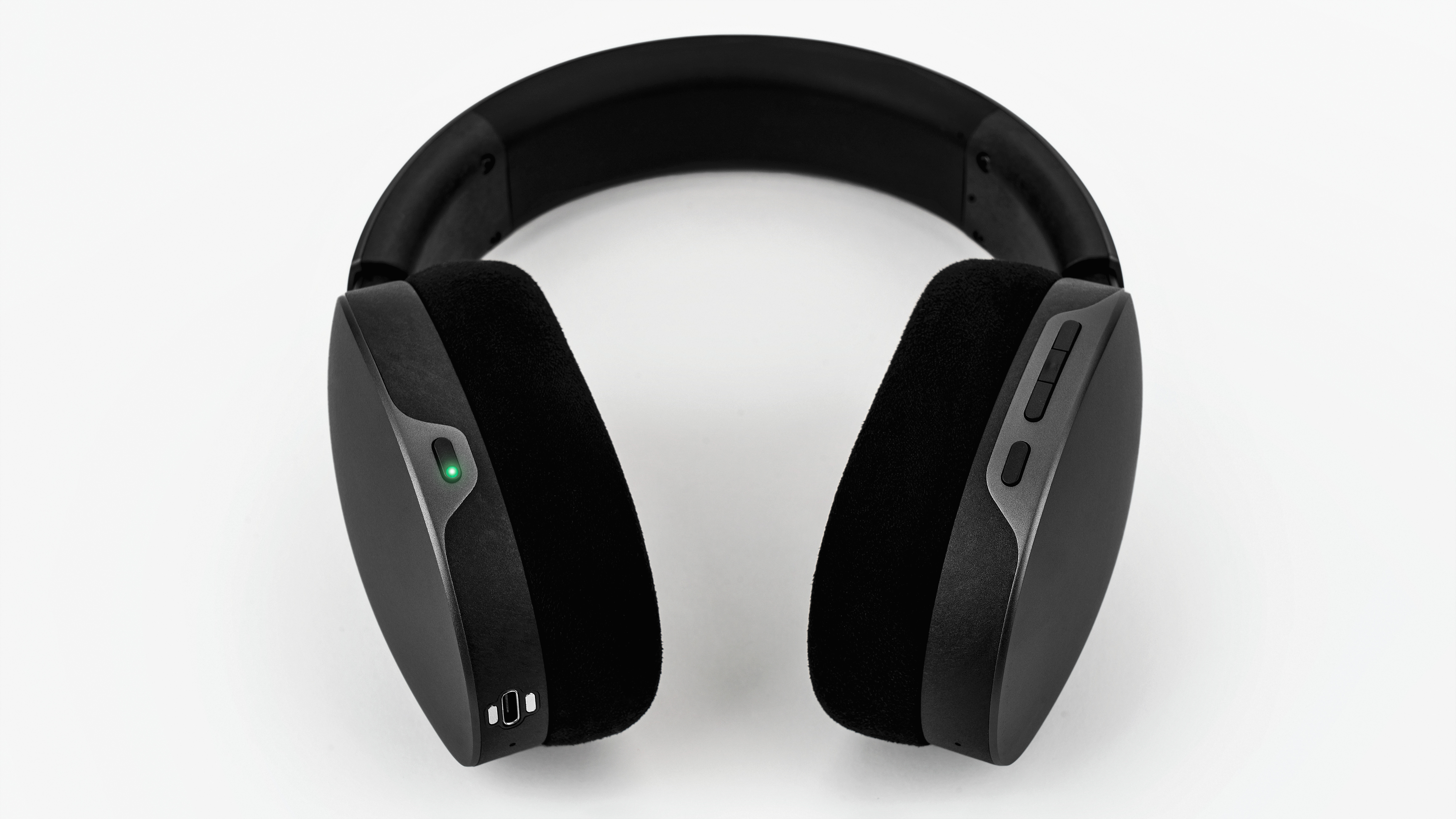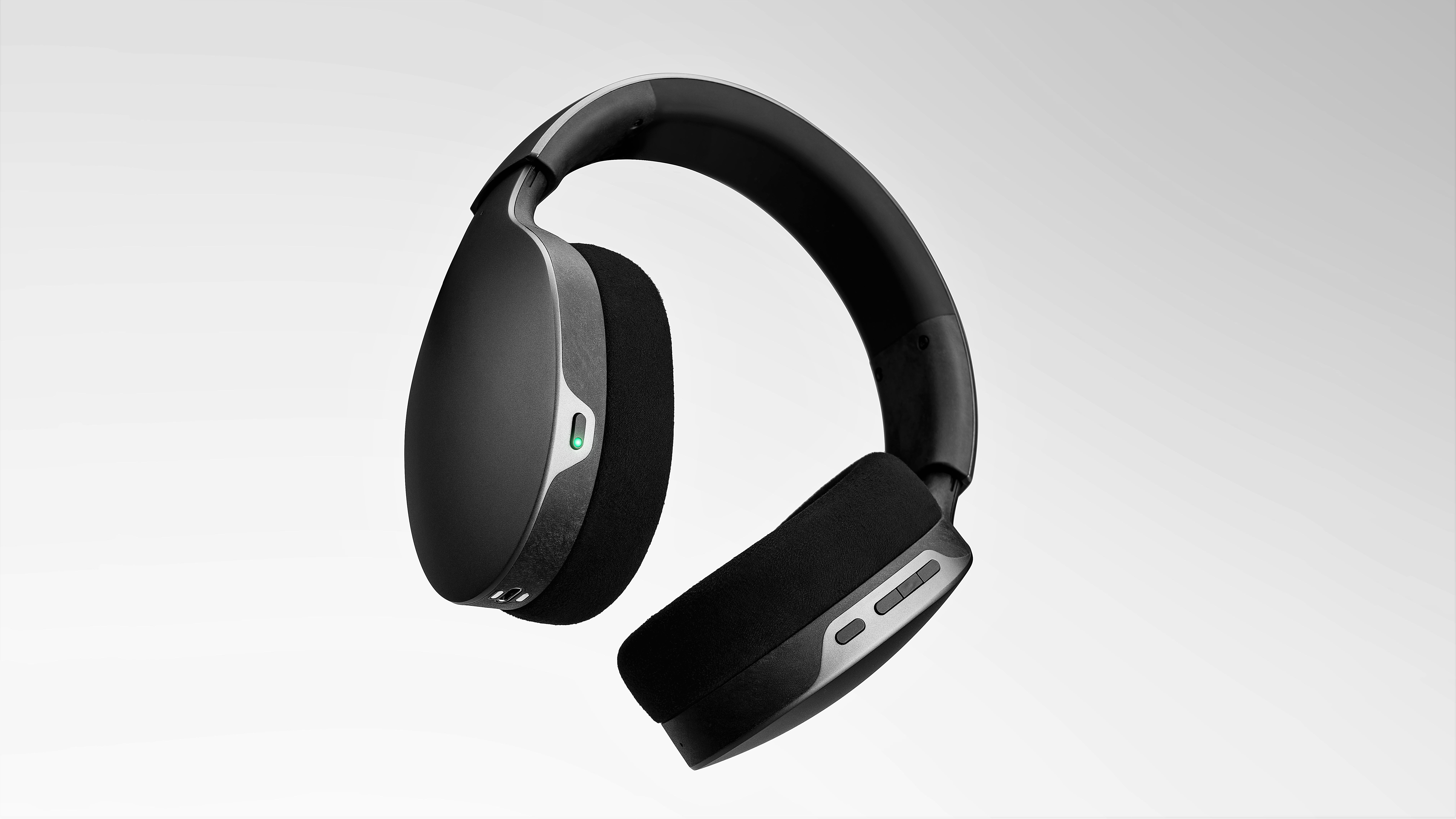
One of the biggest stories in the wireless headphone world right now is the arrival of the first pair of Wi-Fi headphones from a little-known Swiss audio company called Hed.
The Hed Unity headphones (announced on April 12) offer full lossless audio support up to 24-bit/96kHz from networked devices and streaming services over Wi-Fi. They're also equipped with storage for a small hi-res music library, Bluetooth connectivity, and come bundled with an adapter for wired listening, meaning you're covered for those times when Wi-Fi connectivity isn't available.
Priced at $2,199 / £1,765 / AU$3,265 and available to pre-order now via the product website getunity.com, the Unity headphones are clearly aimed at audiophiles with deep pockets.

Although I've yet to get hands-on with the Hed Unity headphones, the images show an attractive pair of headphones that look to have plush earcups and practical controls. The company press information says the Unity headphones are equipped with 12 microphones — 4 supporting general active noise canceling modes, while 8 are beamforming and take care of voice and noise cancelation during calls. Battery life claims to give up to 8 hours of Bluetooth streaming or hi-res Wi-Fi streaming, which I understand to be without ANC enabled.
Head tracking capabilities, a companion app (available on iOS and Android), and customizable EQ are also said to be on board, along with easy connect to a Wi-Fi network for full resolution streaming with music streaming partner services like Qobuz. Other hi-res streaming partnerships are apparently being lined up.
Wireless headphones are evolving

With true high-resolution wireless streaming capabilities, Wi-Fi connectivity is the ultimate capability for those seeking the best audiophile headphones. Despite some bold claims made by many of the best wireless headphones and earbuds makers, none of them can achieve true hi-res capabilities over Bluetooth wireless connectivity.
Although I've previously covered rumors that Sonos could be working on a pair of headphones with Wi-Fi connectivity, and I know that Canadian maker PSB Speakers also has plans for a true lossless pair of headphones using ultra-wideband technology instead of Bluetooth that could launch in 2024. However, I really wasn't anticipating the imminent launch of a pair of Wi-Fi headphones from a newcomer.
Wi-Fi connectivity is a logical step forward for wireless headphones, offering better audio handling capabilities for hi-res audio fans. Hed Unity co-founder Tim Degraye comments, “With Unity, listeners can finally experience the true representation of the artists’ energy, music and message. This listening experience can enrich our lives in a meaningful way.”
Why Wi-Fi is better?
Bluetooth has revolutionized the way we listen on the best wireless headphones or the best wireless earbuds, releasing music fans from being tethered to playback devices by cumbersome cables. Sophisticated codecs such as aptX HD, Adaptive, and Sony's LDAC aim to maximize audio data delivery by using compression for better audio signal handling within the limitations of Bluetooth's capabilities, but it still falls short in delivering the maximum amount of data for true lossless and high-resolution sound quality.
Wi-Fi connected devices don't suffer from the same audio signal handling compromises. Audio data streams remain intact, meaning audiophiles get to hear their favorite music in full CD-sound-quality or glorious better-than-CD high-resolution.
Why haven't we seen Wi-Fi headphones sooner?
One of the biggest challenges Wi-Fi headphones need to overcome is power consumption. Battery life is one of the biggest issues for wireless headphone and earbud designs today. Although Wi-Fi standards have become less demanding on connected devices, those networks tend to be significantly more power hungry than Bluetooth connections, and can deplete batteries more quickly.
Another conundrum is how to improve Bluetooth signal handling for the best sound quality when users are away from a Wi-Fi network. Interestingly, Hed has claimed SBC and AAC support, but hasn't mentioned additional codec support to maximize audio quality delivery for its Unity headphones when connected via Bluetooth.
Rest assured though, I'll be checking this out in my full review coming soon. I've already secured a Unity review model, and I'll be covering these points along with a full assessment of sound quality.






